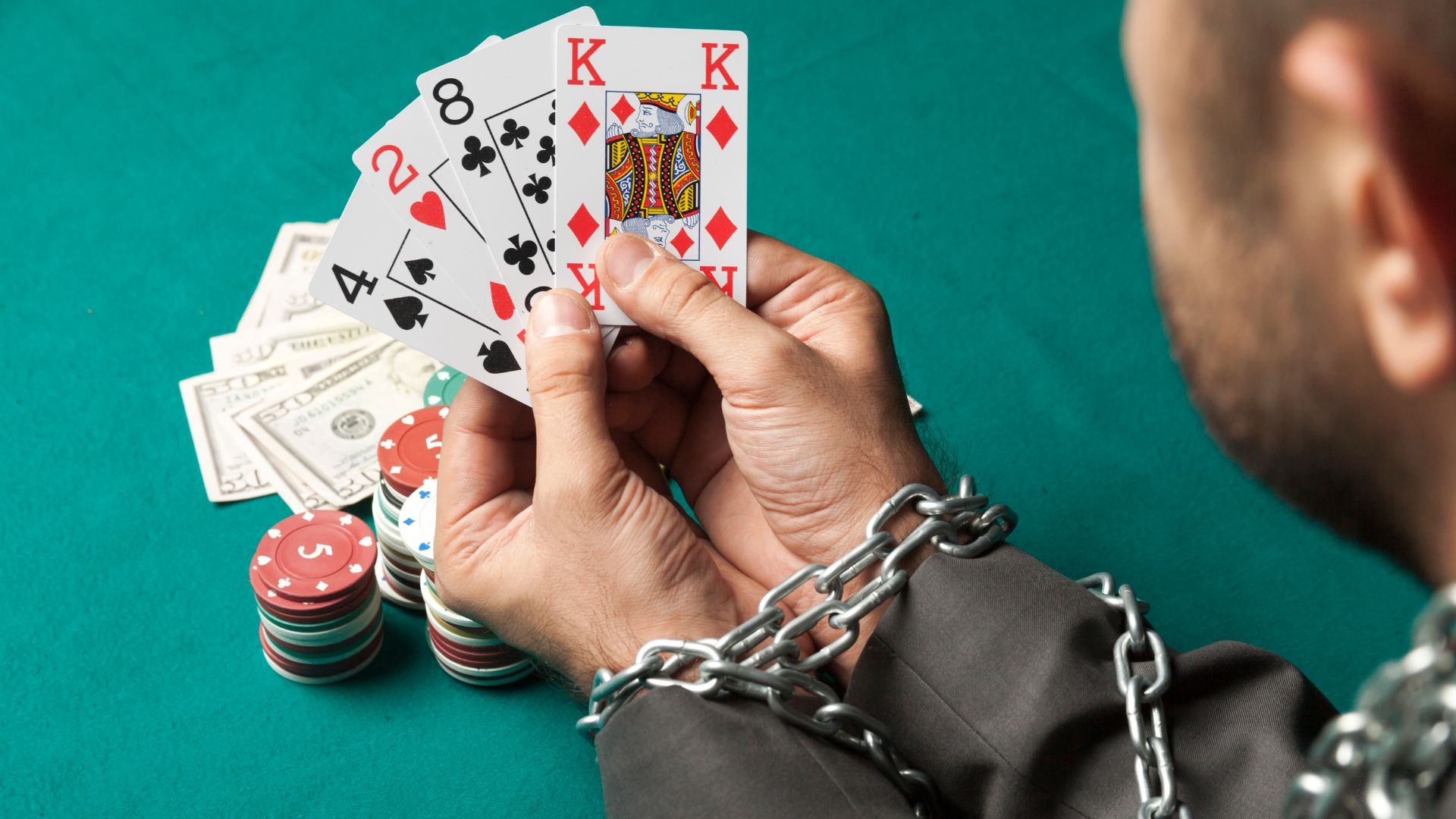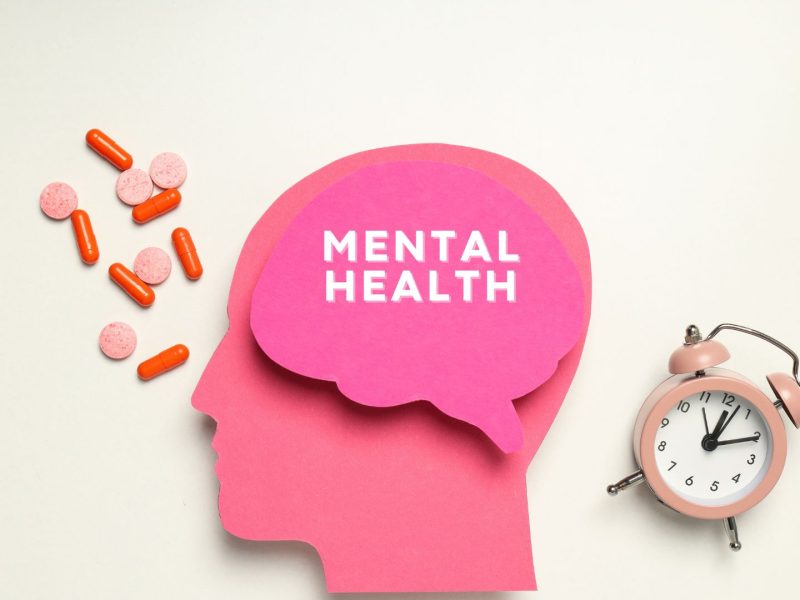Picture this: You’re sitting at a casino, the bright lights flashing around you, the familiar jingle of slot machines filling your ears, and your heart racing as you place “just one more bet.” For millions of Americans, this scene isn’t just a casual night out – it’s a compelling urge they struggle to control. But when does gambling cross the line from entertainment to disorder? Let’s dive deep into this important question that affects countless lives across our nation.
The Science Behind Gambling Addiction
When we talk about gambling disorder (previously known as pathological gambling or compulsive gambling), we’re discussing a recognized mental health condition that’s been included in the Diagnostic and Statistical Manual of Mental Disorders (DSM-5). But what makes it different from just having fun at the casino?
The brain chemistry involved in gambling addiction is surprisingly similar to drug addiction. Every win triggers a dopamine release – that feel-good neurotransmitter that makes us want to repeat pleasurable experiences. Over time, the brain’s reward system can become rewired, requiring bigger bets and riskier gameplay to achieve the same emotional high.
Key Warning Signs of Problem Gambling
Think you or someone you know might be developing a gambling problem? Here are some telltale signs that gambling has moved beyond recreation:
- Spending more time and money gambling than intended, often leading to missed work, family obligations, or financial difficulties
- Experiencing intense urges to gamble, especially during stressful times or when trying to solve financial problems
- Repeatedly trying to cut back or quit gambling without success, feeling irritable or restless when attempting to stop
- Lying to close ones about gambling habits or borrowing money to offset gambling losses and living costs
The Hidden Cost of Gambling Addiction
The impact of gambling disorder extends far beyond empty bank accounts. Relationships strain under the weight of broken trust, careers derail due to poor performance or theft, and mental health often deteriorates as anxiety and depression take hold.
Consider these sobering statistics:
- Approximately 1% of American adults meet the criteria for severe gambling disorder
- Problem gamblers are more likely to experience substance abuse issues
- The annual social cost of gambling addiction in the US exceeds $7 billion
Breaking the Cycle: Treatment Options and Recovery
The good news? Gambling disorder is treatable. Modern approaches combine several effective strategies:
Professional Counseling
Cognitive-behavioral therapy (CBT) helps individuals identify triggers, develop coping mechanisms, and reshape harmful thought patterns that fuel problematic gambling behavior.
Support Groups
Organizations like Gamblers Anonymous provide crucial peer support and accountability through the 12-step program, helping many find strength in shared experiences.
Financial Counseling
Learning to manage money responsibly and dealing with gambling-related debt is often a crucial component of recovery.
Prevention and Early Intervention
Like many behavioral health issues, preventing gambling disorder is easier than treating it. Some effective preventive measures include:
- Setting strict budgets and time limits for gambling activities
- Understanding the true odds of games and recognizing that gambling should never be viewed as a way to make money
- Being aware of personal risk factors, such as family history of addiction or current stress levels
- Seeking help at the first signs of problematic gambling behavior
The Role of Technology in Both Problem and Solution
While online gambling has made it easier than ever to develop a gambling problem, technology also offers new tools for recovery:
- Self-exclusion programs that block access to gambling sites
- Apps that track gambling behavior and spending
- Online support communities providing 24/7 encouragement
- Virtual therapy sessions making professional help more accessible
Helping a Loved One with Gambling Disorder
If someone you care about is struggling with gambling addiction, here’s how you can help:
- Approach the subject with compassion and without judgment
- Encourage them to seek professional help while offering to support their recovery journey
- Protect your own financial well-being while helping them find resources for managing their finances
- Remember that recovery is possible but requires patience and ongoing support
The Future of Gambling Disorder Treatment
Research continues to advance our understanding of gambling disorder and how to treat it effectively. Promising developments include:
- New medications that may help reduce gambling urges
- Improved understanding of genetic factors contributing to addiction risk
- More sophisticated prevention programs targeting high-risk populations
- Integration of virtual reality therapy in treatment programs
Taking Action: Resources and Next Steps
If you’re concerned about your gambling habits or those of a loved one, don’t wait to seek help. Here are some immediate steps you can take:
- Call the National Problem Gambling Helpline: 1-800-522-4700
- Visit your primary care physician for an initial assessment and referrals
- Look for local Gamblers Anonymous meetings in your area
- Consult with a licensed mental health professional who specializes in addiction
Keep in mind that acknowledging the problem is the first step toward recovery. Gambling disorder is a real mental health condition that requires professional intervention, not a moral failing or lack of willpower.
Conclusion: Hope and Healing Are Possible
While gambling disorder can feel overwhelming, it’s important to remember that recovery is absolutely possible with the right support and treatment. Whether you’re personally struggling or supporting someone who is, understanding that gambling addiction is a recognized disorder helps reduce stigma and encourages people to seek the help they need.
By recognizing the signs early, seeking appropriate treatment, and maintaining a strong support system, individuals with gambling disorder can regain control of their lives and build a healthier relationship with money and entertainment. The journey may be challenging, but with determination and support, a life free from problem gambling is within reach.
Remember: If you’re struggling with gambling, you’re not alone, and help is available. Take that first step today toward a healthier tomorrow.



